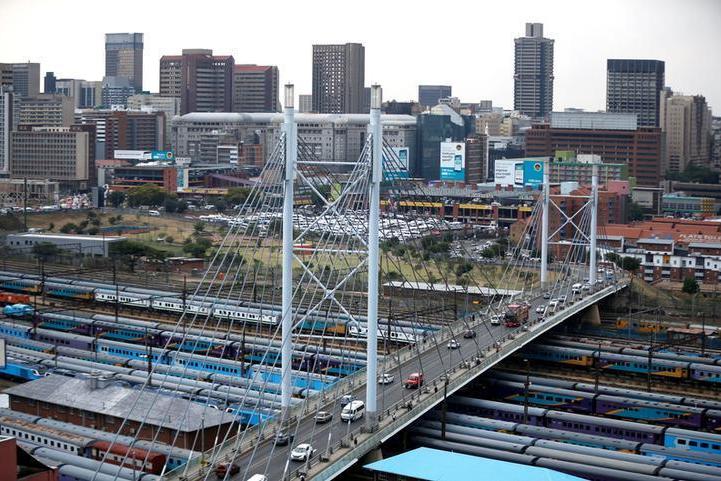Due to the formidable economic challenges facing our country and widespread unemployment, gross domestic product (GDP) will decline by 0.2% in the third quarter of 2023. This is a situation of serious concern.
“Following two consecutive quarters of growth, this decline is just the tip of the iceberg of the massive destruction wrought by the energy crisis, unemployment, industrial production, climate change, water and infrastructure destruction, and other challenges. is shown.
“What has happened to one of Africa's most developed countries?” said Abigail Moyo, spokesperson for the United Association of Southern Africa (UASA) trade union.
“The trend of 8 out of 10 manufacturing sectors experiencing negative quarterly growth is unacceptable. Stats SA reports that all major industries, including agriculture, forestry, fishing, manufacturing and construction, are experiencing negative quarterly growth. We reported a decline in the third quarter.”
Statistics SA showed that the agricultural industry decreased by 9.6%. Manufacturing production fell by 1.3% due to weak demand. Construction further slumped, recording its second consecutive quarter of decline, while mine production was reported to have fallen by 1.1%, due to downward pressure from platinum group metals, gold, “other” metal minerals and manganese ore.
The agricultural industry in particular has been hit by several headwinds in the third quarter, including the outbreak of bird flu and flooding in the Western Cape, which has put it in a downward spiral.
If South Africa faces two consecutive quarters of economic contraction, it could slide into recession.
All indicators indicate that the final quarter of 2024 will end with an economic contraction. Eskom has already issued a warning statement warning of rolling blackouts in December and January.
survive the storm
South Africans will continue to have to buckle down and make ends meet. This came at the end of a year marked by high unemployment, high inflation and rising interest rates.
Many people live hand to mouth.
According to the World Bank, approximately 55.5% (30.3 million people) of South Africa's population live in poverty at the upper end of the national poverty line, with a total of 13.8 million (25%) experiencing food poverty.
“We can never normalize poverty or accept the reality of unemployment,” Moyo said.
“Holding back with massive economic challenges while waiting for government solutions will only make things worse. It is clear that the government has failed the people's expectations.”
All rights reserved. © 2022.Bizcommunity.com Powered by SyndiGate Media Inc. (Syndigate.info).

